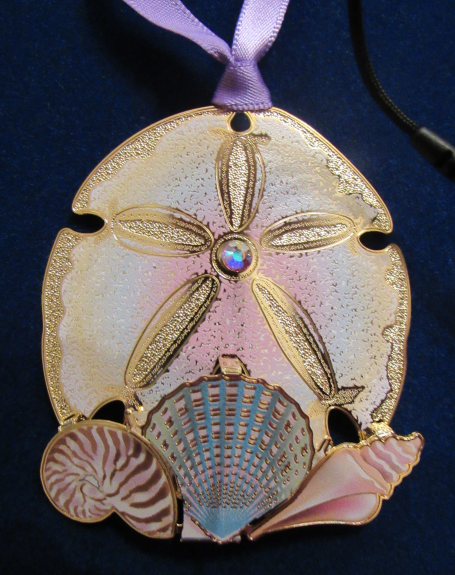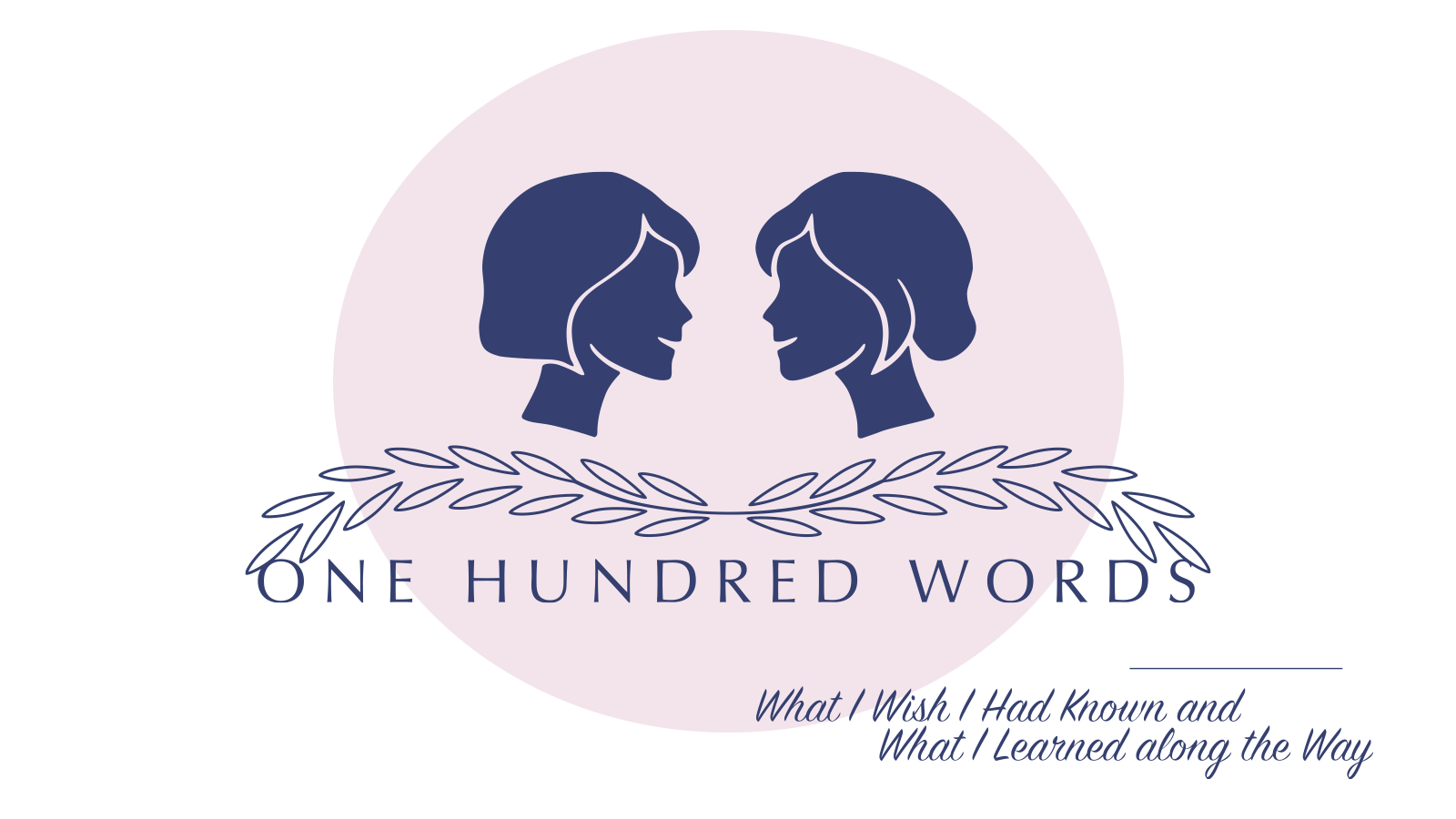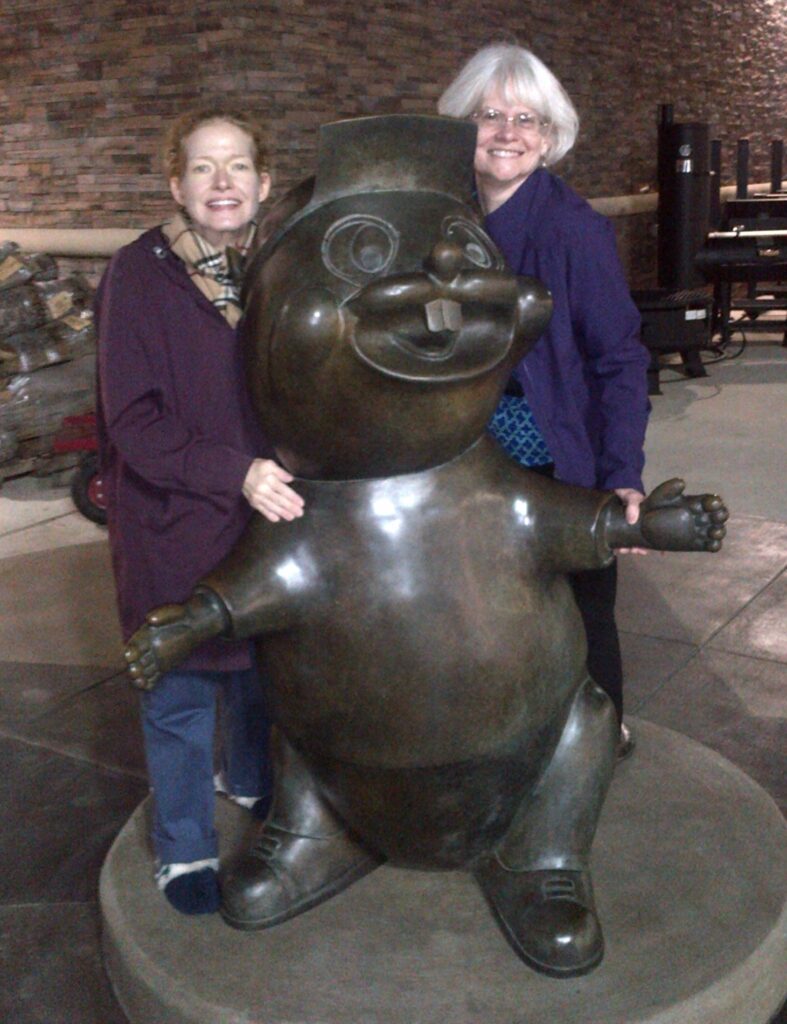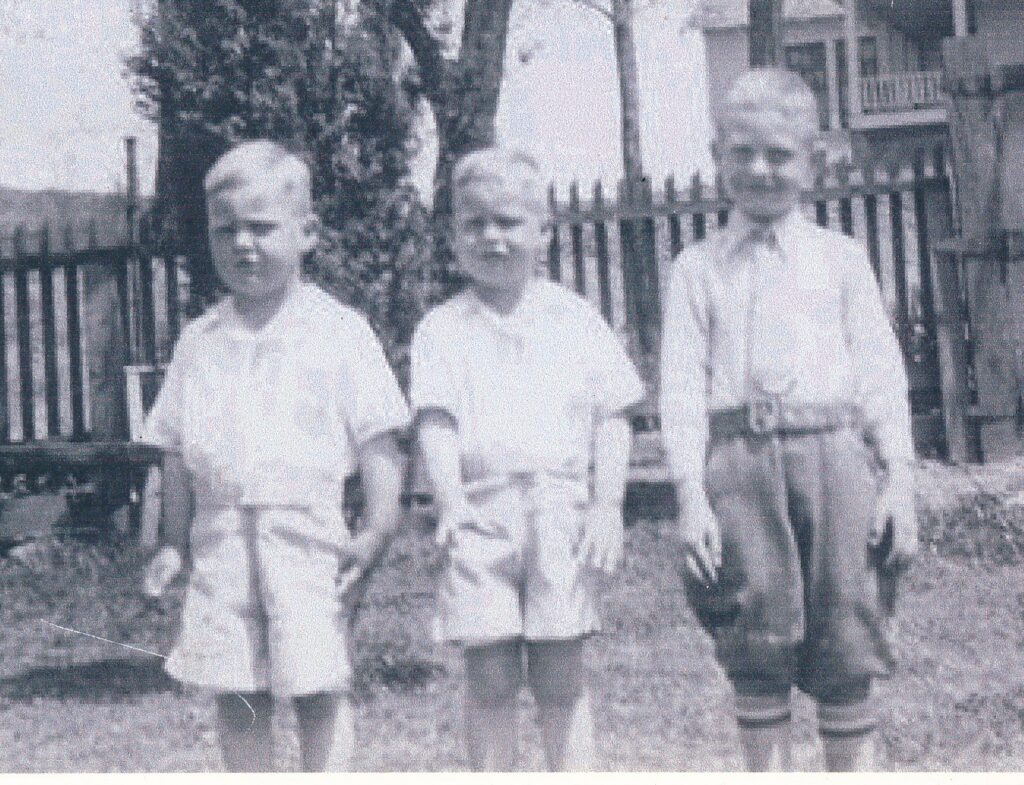Never worry about the size of your Christmas tree. In the eyes of children, they are all 30 feet tall.
Larry Wilde, Comedian
One effect of aging I didn’t expect was becoming more selective about Christmas decorations.
Decades ago, when our tree was placed under a cathedral ceiling and could be decorated by reaching over the banister, I was easily seduced by the Christmas aisle. Off season, I scoured the Christmas sections of tourist shops and clearance aisles. Ornaments abounded.
Such purchases slowed when our tree height was reduced by a couple of feet. Today they are rare.

Now, a tree half the size of former trees stands beside our front window. I never thought I would surrender, but my husband and I can’t handle transporting or decorating or undecorating a large tree.
Beginnings and endings are most memorable. (See here.) With tree decorating, that means placing ornaments and removing them. During that time, I always reflect on the friends and events my ornaments represent.
Memories bestow value. (See here.) And it’s those memories of friends and events which now make the time-consuming placement and removal and storage of my ornaments worthwhile.

Collecting or remembering?







